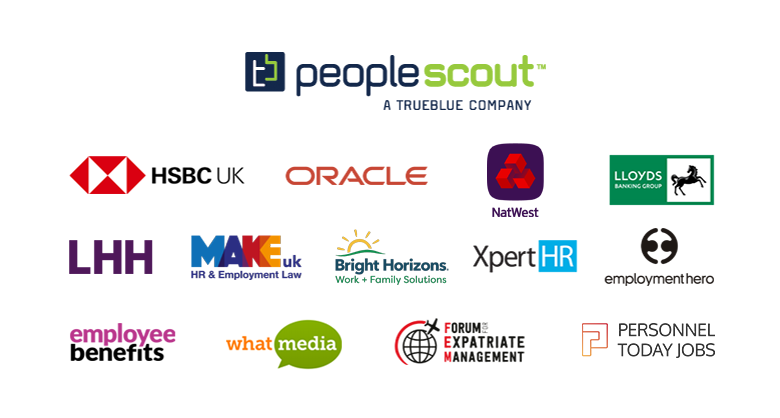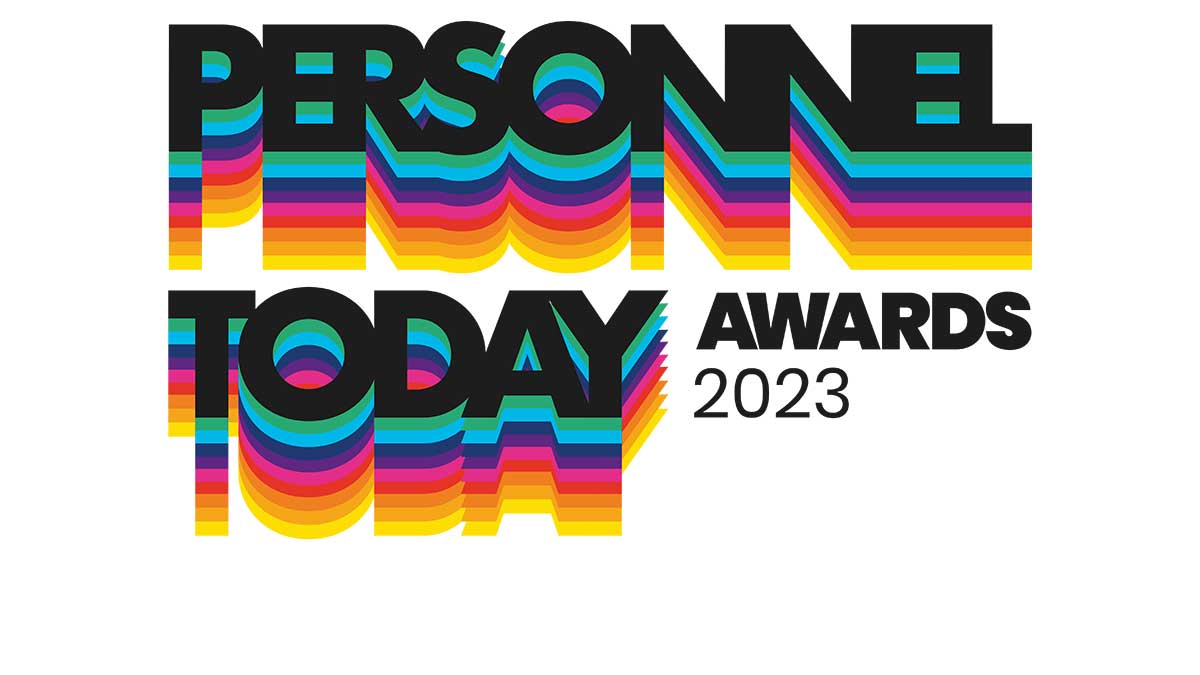 An initiative to develop strong managers and leaders of the future landed Civil Service HR Casework the Talent Management Award, sponsored by Make UK HR & Employment Law, at the Personnel Today Awards 2023.
An initiative to develop strong managers and leaders of the future landed Civil Service HR Casework the Talent Management Award, sponsored by Make UK HR & Employment Law, at the Personnel Today Awards 2023.
Judges described the talent management programme as a great initiative and praised it for its focus on continuous development. Here, we look at its entry alongside those of our other shortlisted employers.
WINNER
Civil Service HR Casework
The Civil Service HR Casework team is made up of 170 HR professionals who support 45 government departments or 38% of the Civil Service to deal with complex issues. Each year the CSHR Casework team deals with around 17,000 cases, including more than 580 employment tribunals. Casework managers provide technical and coaching support to those involved, and the team needs to recruit five to 10 new members each year to maintain high standards.
To meet such demand, the Civil Service created the HR Case Manager Talent programme, open to people of all backgrounds across the UK, including those with no HR experience. New joiners are supported with an eight-month development period and successful candidates gain exposure to a range of business areas. They need to pass a seven-part skills matrix and shadow experienced colleagues handling complex cases. Knowledge acquired includes employment law and best practice, HR policies and procedures, and how to coach and support others.
Once they have been promoted to case manager, employees can follow four development pathways, including job rotation, a CLIMB development programme, a coach the coach programme and the Shadow Exco programme, where they lead challenging projects under mentorship. Professional qualifications such as CIPD courses are also funded and encouraged. In the last 12 months, almost 10% of the workforce has completed the Case Manager talent programme, and most continue to grow in their roles. The CSHR Casework team has been able to offer new services such as technical consultancy and has grown its client base while exceeding service level agreement expectations in many cases.
RUNNERS-UP
Ricoh UK
Personnel Today Awards
All our 2023 winners revealed
View the 2023 photo gallery
The Personnel Today Awards 2024 open for entries around Easter
Sign up to keep updated
Talent retention and mobility is core to Ricoh UK’s organisational transformation. The company wanted to ensure colleagues were fulfilled with their work, while breaking down silos so the business can make the most of cross-functional knowledge. It needed a tool that would help to get an overview of leaders and support an internal talent mobility project that would identify hidden talent and aid the progression of more female leaders.
Ricoh worked with Saville Assessment to embed its Wave-i solution into its career development programme. This provides a robust way to measure potential and accurately reveal potential leadership roles that individuals will thrive in. The programme is split into two cohorts; one of senior people managers across the business and one of their direct reports. All participants complete the Wave professional styles questionnaire and are fed back data on their leadership potential and suitability for different career streams. Using the tool has enabled Ricoh to get a whole-company view of talent, as well as break it down by division. The insights feed into end of year performance reviews and plans for the year ahead.
From assessment completion to reporting, the first cohort was done in three weeks, while the highly predictive nature of the insights has meant Ricoh can accurately identify leaders and progress those with the highest likelihood of success. Greater internal talent mobility means the company can save money on voluntary attrition and hiring new external talent. The tool has also enabled the company to target local development initiatives and facilitate collective improvement.
Transport for London
During the pandemic, ridership and revenue on London transport fell by up to 95%. Like many employers, TfL experienced engagement and retention challenges, and confidence in the organisation as “a place to grow and develop” was the biggest area of dissatisfaction in its 2021 engagement survey. Colleagues stated that they wanted a fairer, more transparent approach to how talent was managed, a more inclusive culture and more consistency in the way TfL supported employees’ wellbeing, performance and careers.
TfL’s previous approach had focused on traditional segmentation, linear career paths and tools such as nine-box grids and twice yearly performance appraisals. A new, employee-led approach was designed to be more inclusive and embed a culture where everyone felt valued. The ‘Readiness’ approach means colleagues can self-assess whether they are ready to strengthen in their current role, stretch by taking on broader responsibilities or move sideways or upwards. Allowing them to own their talent status eliminates bias, and they are prompted to have a conversation with their manager.
To support this, TfL introduced a bespoke digital platform called myJourney, which allows employees to set and review performance objectives and track their actions. They can gather ‘in-the-moment’ feedback to add to the system. On top of this, new dashboards allow managers to track engagement and identify development opportunities. Non-front-line colleagues have engaged with the system at 88%, and 23% in operational roles. Using the platform and new approach has increased the internal talent pipeline, which will be crucial with 22% of employees due to retire in the next five to 10 years.
Weir Minerals
Established in 1871, Weir Minerals creates industry-leading mining equipment for organisations worldwide. Its Talent Development and Succession Planning Process (TDSP) sits alongside its performance philosophy and performance ‘conversations’ approach to identifying and developing talent. The aim is to provide growth opportunities for all employees, not just potential leaders. It is also designed to understand the business’ requirements for talent both now and in the future, identify talent gaps, create succession plans and develop strategies for retention of critical or scarce resources.
The plan encourages leaders to consider questions such as: what are the people implications associated with delivering the business plan? What changes might affect skills requirements? Which roles will be pivotal in the future, or which do we envisage creating in the next three years? The company has identified six talent categories which describe an employee’s readiness for their current or future role, and where they might fit into a succession plan. All go through a talent review task in Workday, after which their manager conducts a check-in conversation. Leaders are encouraged to consider their biases and have a mindset of conscious inclusion when reviewing the tasks.
Training and development sessions have been delivered to 122 staff members across Russia, Spain, Turkey and Morocco, and 24% of those who have completed the programme have gone on to receive a promotion. Thanks to improved staff retention and more internal progression, the company estimates it has saved £495,000 on recruitment costs. It now has a clear succession plan for every single staff member, and has formed partnerships with local schools and colleges across all regions to support talent acquisition and early careers campaigns.
In association with

Sign up to our weekly round-up of HR news and guidance
Receive the Personnel Today Direct e-newsletter every Wednesday

